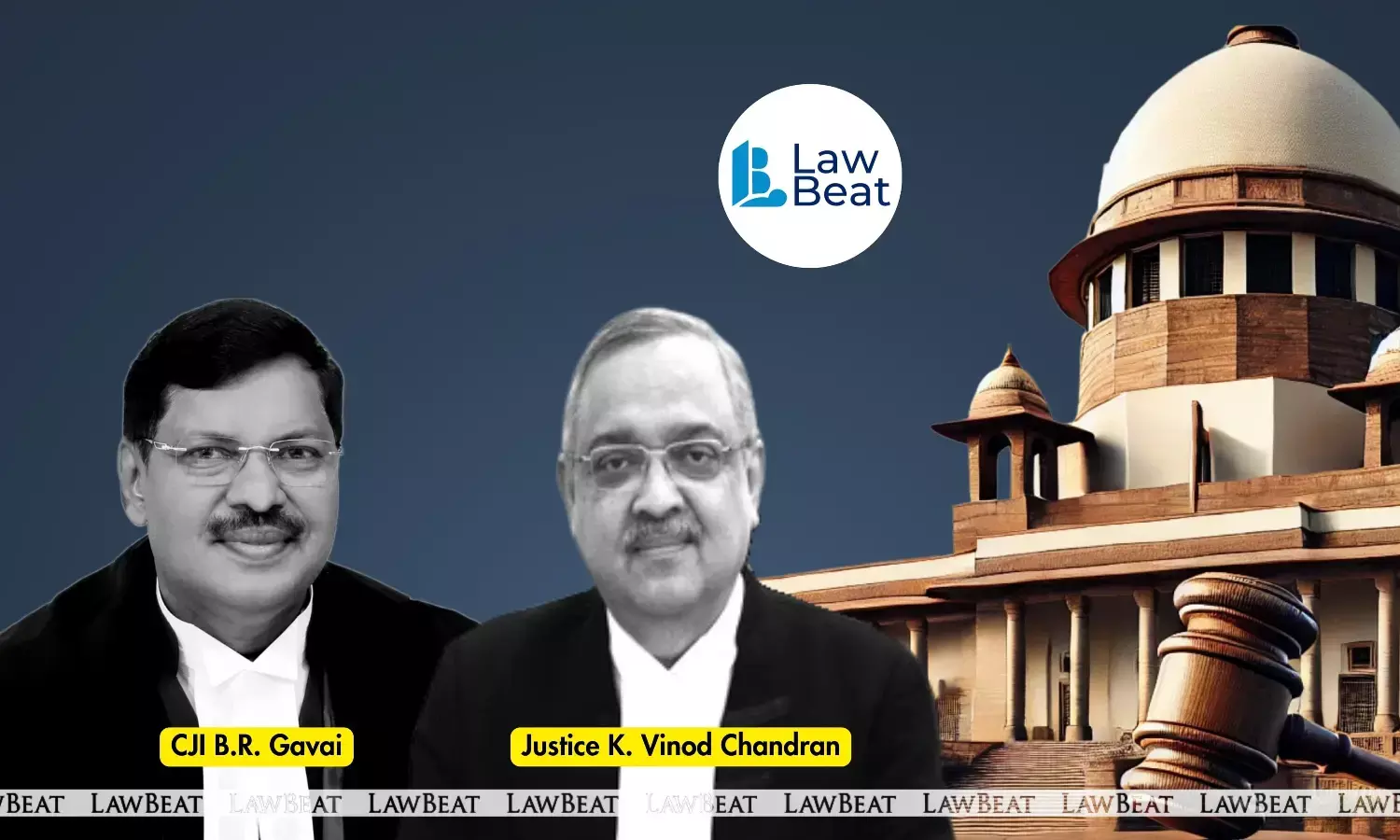SC Says ‘No’ to Prescriptions, Leaves Fine Amounts to Courts’ Discretion

SC rejects "overambitious" plea to club multiple FIRs in investor defalcation cases across seven states
The Supreme Court today refused to entertain a petition seeking guidelines to courts to consider imposing fines in proportion to the seriousness or gravity of crime.
A CJI BR Gavai led bench told the petitioner before it, "How can we direct the judges to impose fines as per crimes..". Court went on to dismiss the plea noting that it was the domain of the parliament to decide such issues.
The PIL was filed on the footing that fine under criminal sections as grossly inadequate in achieving its goals in present scenario due to extremely low valuation of rupees during last many decades.
Accordingly, it was sought that fresh guidelines be issued to impose fines in proportion to the seriousness or gravity of crime, to an extent that it achieves the punitive, deterrent, denunciatory, and restorative goals in order to maintain sanctity and effect of the concept of fine punishment in criminal law.
The plea filed by Sanjay Kulshresthra submitted that fine punishment is failing today as a deterrent and it should be adequate enough to deter the convict or help them refrain from such wrongful acts, therefore fine as a punishment needs to be able to instill “fear” in the mind of the offender and the potential offenders.
It was submitted that the fine imposed was failing to be a inadequate compensation to victims. Where court imposed on a rapist an additional fine of Rs. 5000 as a compensation for the 6 years old rape victim, seems grossly insignificant in present scenario, supreme court was told.
The fines of Rs 100 or 200 or 500, were not contributing or compensating state for its maintenance of judicial system, the petition argued. For this purpose, it needs to be quantifiable, else the goal becomes redundant, it added.
PIL also questioned the impact of fine punishment as an alternative to imprisonment and said it seemed to be 'very small that hardly one can justify playing any role in showing any impact'. "If we compare the huge legal expenses, adverse social reputation, physical/moral stress of jailed period, loss of income during jail term, etc, we observe that such a little fine in lieu of jail term is nothing! Therefore we also need to revise fine while imposing fine as an option to jail sentence", court was told.
The petition also suggested directing offenders to undertake community services like tree plantation or serving in old age home or traffic management at crossings for few weeks or months, etc.
"Today even Motor Vehicle Act has been revised two times with many folds increase in fines in various traffic offenses eg Rs 10,000 for drinking or failure to possess a PUC certificate. If one is breaking many traffic rules at a time e.g. one is driving rashly after drinking and jumping red signal or not possessing pollution certificate, he may be fined for more than Rs 50,000! Such fines have certainly a deterrent effect of offenders. Therefore, today we seriously need to consider effect of devaluation on quantum of fine", the court was further told.
